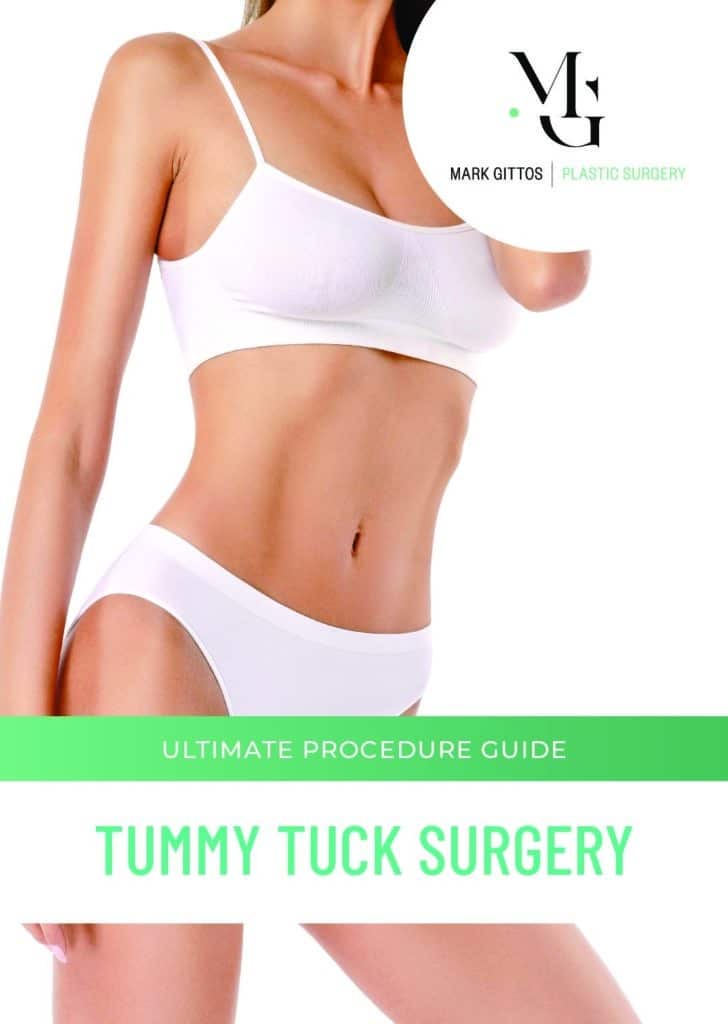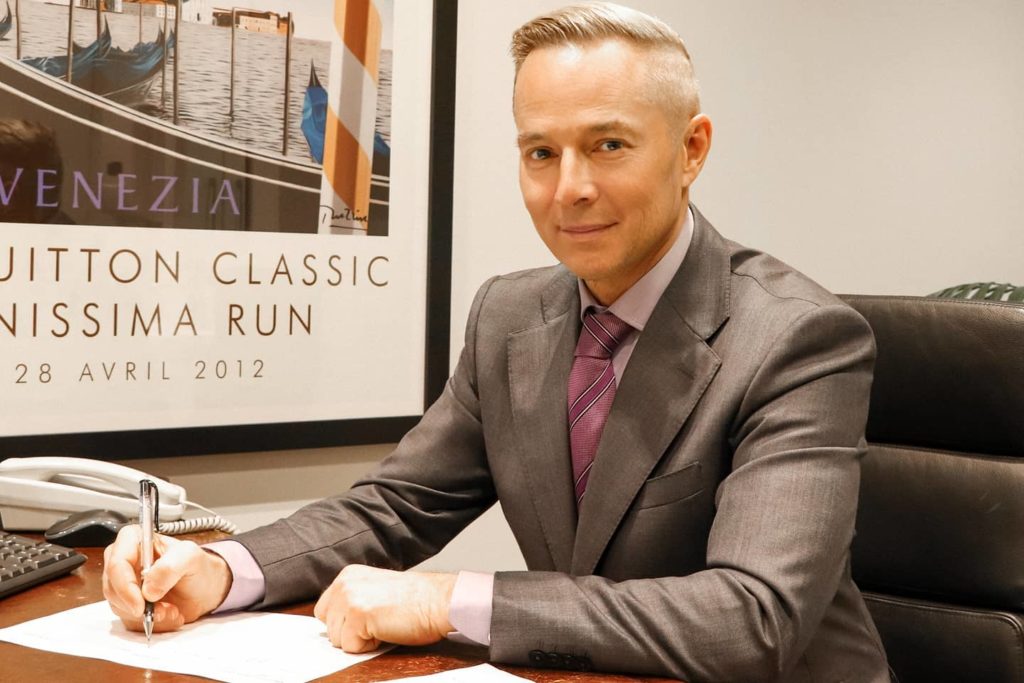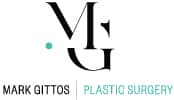Things to Do to Reduce Scars After Abdominoplasty Surgery
Do you have excess skin and pockets of fat around your tummy or abdomen? Have you tried a variety of diets and exercises but feel like you are not losing your belly fat? If so, you might be an ideal candidate for a tummy tuck surgery. This procedure removes excess fat and skin tissue from your abdomen and reshapes the area to make it aesthetically pleasing. While this may be effective in achieving your cosmetic goals, a tummy tuck entails a recovery period and you will be left with scars. Fortunately, there are things that you can do to minimise your surgical tummy tuck scars.
A tummy tuck or abdominoplasty is a cosmetic procedure used to make your abdomen slimmer and firmer. The surgery entails the removal of excess skin, tissue, and fat from the middle and lower abdomen and the tightening the muscle and fascia. Once your surgical incisions have completely healed, your abdomen becomes flatter, firmer, and well-defined.
Dr Mark Gittos is a specialist plastic surgeon and a body contouring expert helping patients from all over the country and abroad to achieve their aesthetic goals.
Download Dr Gittos’ guide to Tummy Tuck Surgery in NZ

A tummy tuck (abdominoplasty) is considered major surgery and finding the right tummy tuck surgeon in NZ is just as important as choosing the best surgical scar treatment.
Scars After a Tummy Tuck
Typically, tummy tuck scars are located in the following areas:
- Around your relocated belly button
- The lower abdomen and pelvic area – under the tummy overhang
Correct placement of the incision is critical to get a good result. You can see the placement of scars in our before and after tummy tuck photos.
What to Do BEFORE Your Tummy Tuck to Minimise Scars
Here are some things to do prior your tummy tuck procedure that can help reduce scarring:
- Tummy Tuck Incision placement is critical so find an experienced cosmetic plastic surgeon: Consider his skills and experience doing Tummy Tuck Surgery. You can also discuss concerns with your surgeon about the scarring associated with the procedure. You can ask what the scar is expected to look like as well as normal and abnormal scars during your recovery period. A surgeon like Dr Gittos with significant experience in the field of cosmetic surgery will be able to answer all your questions. Hiding your incision line in the best possible place can only be done by an expert surgeon.
- Bring underwear or bikini bottoms to your surgical planning appointment: This will help you to get a clear idea of where your tummy tuck incision line scars will be. Your surgeon will suggest different types of surgical incisions that can be concealed with your underwear.
- Refrain from smoking for at least six weeks before your surgery: This will help reduce complications of your tummy tuck procedure. Nicotine in cigarettes is a potent vasoconstrictor, which means that it narrows the blood vessels and impairs blood supply. This in turn delays the wound healing process.
- Tell Dr Gittos about your current medications: Some antibiotics, anticoagulants, nonsteroidal anti-inflammatory drugs, and steroids can impair the wound healing process and lead to a poor cosmetic result. Talking to your health care provider helps identify medications that can possibly affect the outcome of your tummy tuck surgery.
What to Do AFTER Your Tummy Tuck to Minimise Scars

During your recovery period, adhere to your surgeon’s instructions and the following tips may help to achieve your desired cosmetic result and lower your risk of complications:
- Move! – Walk around gently as soon as possible after surgery: This will help reduce swelling and blood clot formation which can lead to longer recovery time and prominent scars
- Rest and recover after the operation – spend some time recovering after surgery. Avoid stress and overexertion to allow your scars to heal
- Avoid lifting heavy items for at least six weeks: Avoid doing activities that stretch, bend, or cause you to put pressure on your abdomen. This can put additional tension on your suture line, resulting in wound dehiscence (reopening of the surgical wound)
- Clean the surgical wound exactly as advised by the surgeon: Before discharge, your doctor will teach you the proper wound cleansing technique. Make sure to follow discharge instructions to prevent infection of your surgical wound and minimize scarring. Sterility counts – Do NOT pick at the wound or use your unwashed fingers
- Consider using silicone gels or silicone strips: These silicone gels or ultra-thin sheets of silicone are applied to scars. It significantly reduces the appearance of surgical scars by keeping the surgical wound hydrated, reducing the activity of inflammatory cytokines and fibroblasts (cells involved in scar formation), reducing wound tension, decreasing blood flow to the scar site, and aiding in the proper alignment of structural proteins
- Avoid sexual activities for three weeks: Resuming your sexual activity immediately can also put additional tension on your suture line, which can lead to further injury and scarring
- Avoid prolonged sun exposure and tanning beds: Prolonged sun exposure and tanning beds can alter the appearance of your surgical scar by inducing hyperpigmentation, a condition characterised by the darkening of the skin. This can make your scar more noticeable
- If you are worried about keloid scarring,- talk to Dr Gittos regarding topical steroids: Topical steroids reduce surgical scars by protecting against programmed cell death (apoptosis) and improving blood circulation in the dermis (skin layer between the epidermis and fat tissue)
- Consider additional laser therapy of the scar after scars have healed and sealed up at about 6-8 weeks: Laser therapy is a minimally invasive scar revision procedure that reduces the appearance of surgical scars by destroying small blood vessels in immature scars which in turn prevents scar formation. This procedure also has an additional effect of stimulating the treated skin area to replace old, damaged skin cells with new, healthy cells, resulting in younger-looking skin. Further laser treatments have proven effective to improve the appearance of some scars
Further Reading about Tummy Tuck Procedures
Medical References about Tummy Tuck Scars
- Effects of silicone gel sheet on the stratum corneum hydration
- Morphological analysis of the connective tissue reaction in linear hypertrophic scars treated with intralesional steroid or silicone-gel sheeting
- The relationship between keloid growth pattern and stretching tension
- Update on hypertrophic scar treatment
- Biological effects of silicone gel sheeting
About Dr Mark Gittos FRACS (Plast) – New Zealand Plastic Surgeon
Practice locations in Herne Bay Auckland, Northland and Bay of Plenty – Kerikeri, Whangarei, New Plymouth & Tauranga
Dr Mark Gittos is a leading Specialist Plastic Surgeon and operates a practice in Herne Bay, Auckland and in the UK. The practice focuses on both surgical and non-surgical procedures, each designed to help restore, improve or change a physical characteristic or problem. The first step in every case is to talk through your personal requirements and explore all the options, before deciding on the most effective solution.
Dr Mark Gittos offers high quality, natural-looking cosmetic surgery results and is highly experienced in Breast, Body and Face Surgery having performed over 4000 Surgeries in the last 26 years. With worldwide expertise Dr Gittos is an expert in breast, face and body surgery for men & women.
Naturally, before any treatment is begun, we will explain clearly the advantages and risk factors; so that you have the information you need to make an informed decision that is best for you. Visit the practice to find out more.

NEXT STEPS
Please NOTE: Dr Gittos only performs surgery on non-smoker patients with a BMI less than 30. To check your BMI please visit the NZ Heart Foundation website. For help giving up smoking before surgery visit the Smoke Free website
Do your Research
- Read the Website and Blogs relevant to your procedure
- Browse our Frequently Asked Questions including how to choose a Surgeon for your procedure
- Download and read the FREE Guides to Surgery
What to Bring to your Plastic Surgeon Consultation
- Bring a friend or relative to help discuss the information and your choices
- Take lots of notes and read the documents provided thoroughly
- Dress in simple clothes as you may need to undress for examination
- Bring your medical referral and any relevant medical documents or test results
Book your Initial Surgery Consultation
- A Referral from your GP or specialist is helpful but NOT essential – you can have a consultation without a GP Referral
- Email us or Call on 09 529 5352 to arrange your surgeon consultation appointment.
- Book a consultation with Dr Gittos by paying the Consultation Fee – $350 incl GST
Traveling for Surgery? – Consider post-surgery luxury recovery in a Hotel with LuxeCare
Please contact us to arrange to book a consultation with our Specialist Plastic Surgeon or to speak with our Patient Care Advisor.
Send an enquiry form today or phone 09 529 5352 during Clinic Hours
